Mineko Yorozuyo
出生 : 1919-06-28, Ishikawa. Fukuoka Prefecture, Japan
略歴
After graduating from Fukuoka Prefectural Fukuoka High School, he joined the Takarazuka Girls Opera Company (now Takarazuka Revue). After leaving Takarazuka Revue, he played a supporting role mainly in movies , stages and TV dramas . Received the 9th Arts Festival Award Encouragement Award.
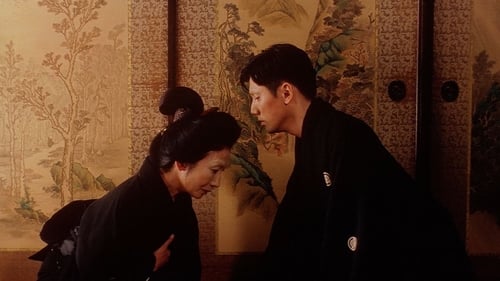
明治末期。大徳寺雪雄は、大徳寺医院院長としての地位と名誉、そして若く美しい妻・りんに囲まれ、誰もが羨むような境遇にあった。ただ気掛かりは妻・りんが雪雄と出会う前に遭った大火事のせいで記憶喪失になっていることだった。やがて、そんな彼に次々と不幸が襲い掛かる。
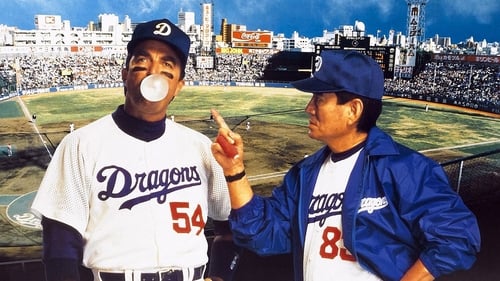
Hiroko's Grandmother
メジャーリーグ、ニューヨーク・ヤンキースの強打者だったジャック・エリオットは、ワールドシリーズでMVPの獲得経験もある選手だが、最近の成績は低迷し自身の不祥事からCMの降板が決まるなどイメージも低下する一方だった。また、ルーキーのリッキー・デイビスとのポジション争いに敗れ、チーム側からトレードの通告を出されてしまう。この時唯一オファーを出したのは日本プロ野球の球団・中日ドラゴンズであった。

This movie is based on an immortal literary work "The Snow Country," a story about a life of geisha Komako who lives in a region with heavy snowfalls.
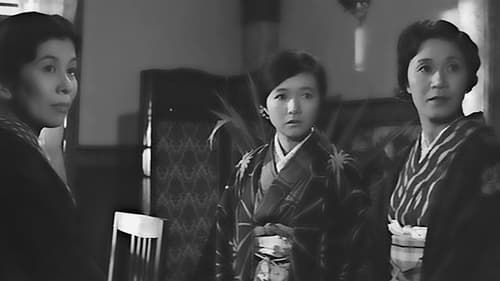
Considered one of the finest late Naruses and a model of film biography, A Wanderer’s Notebook features remarkable performances by Hideko Takamine – Phillip Lopate calls it “probably her greatest performance” – and Kinuyo Tanaka as mother and daughter living from hand to mouth in Twenties Tokyo. Based on the life and career of Fumiko Hayashi, the novelist whose work Naruse adapted to the screen several times, A Wanderer’s Notebook traces her bitter struggle for literary recognition in the first half of the twentieth century – her affairs with feckless men, the jobs she took to survive (peddler, waitress, bar maid), and her arduous, often humiliating attempts to get published in a male-dominated culture.
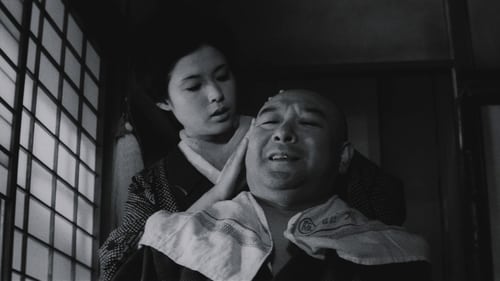
Tatsu Kirihara
Satoko is a mistress by trade or fate: when her master, the silkscreen artist of the Kohoan Temple in Kyoto, dies, she is given to the temple's lascivious head priest Kikuchi. She is drawn to a melancholy young acolyte, Jinen, who has observed the profligacy of his cruel master and Satoko's utter dependence on the man. Jinen is both fascinated and disturbed by Satoko's interest in him; he is similarly caught between loathing of Kikuchi and of the dark circumstances of his birth and his own moral weakness. The story unfolds in a dreamlike manner—a flashback inspired by a now-infamous image on a silkscreen in the souvenir shop at the so-called Temple of the Wild Geese.

The university professor Ozeki Hitoshi (Ryu Chishu) is regarded as an eccentric by people in his surroundings. When his daughter Tokiko is asked to marry a colleague, she and her mother are overjoyed, but Hitoshi is not satisfied with the situation.

Geisha Kikuyu
It's a man's world. Shimamura, an artist, comes to this snowbound town to rejuvenate himself. He connects with Komako, a geisha he met on a previous trip, and it seems like love. She's the foster daughter of a local family, almost engaged to the family's son Yukio, now dying of consumption. He's tended by his sister Yuko who's angry at Komako for abandoning her brother. Shimamura returns to Tokyo but promises he will be back soon. In anticipation of his return, Komako breaks with her patron and her family loses their home. Complications arise when Shimamura doesn't come back as promised. Then Komako discovers that he and Yuko knew each other in Tokyo. Can Komako escape destiny?

A girl rebels against her mother, who runs a brothel in Yokohama, and attempts to find freedom on her own.

Otake
A poor peasant, after years of scraping, becomes a rich and powerful Osaka merchant. Mizoguchi Kenji's final project; he died before completing it and directing duties turned over to Yoshimura Kozaburo.

Tobacco shop owner's wife
Shozo is plagued by the needs of his ex-wife and his current one, but prefers the company of his cat.
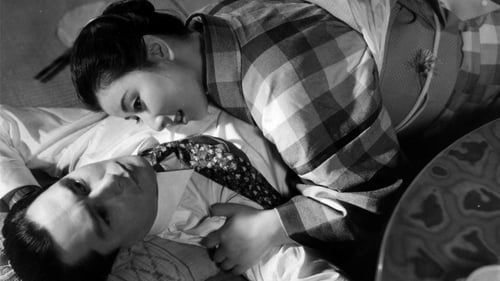
Yasu
In Kyoto a young kimono maker with traditional ideas gets involved with a married professor.
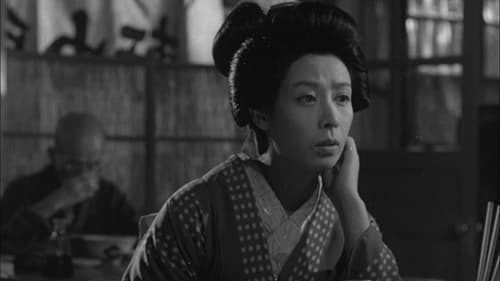
The story of a couple, a spoiled son and a down-to-earth girl, in Osaka in the early Showa era. The film won the prestigious Blue Ribbon awards for best director, best actor (Morishige) and best actress (Awashima), and the Mainichi Concours award for best actor and best screenplay (Yasumi Toshio). It ranked second (after Naruse Mikio’s Ukigumo) on the Kinema Junpō top ten films for the year.






